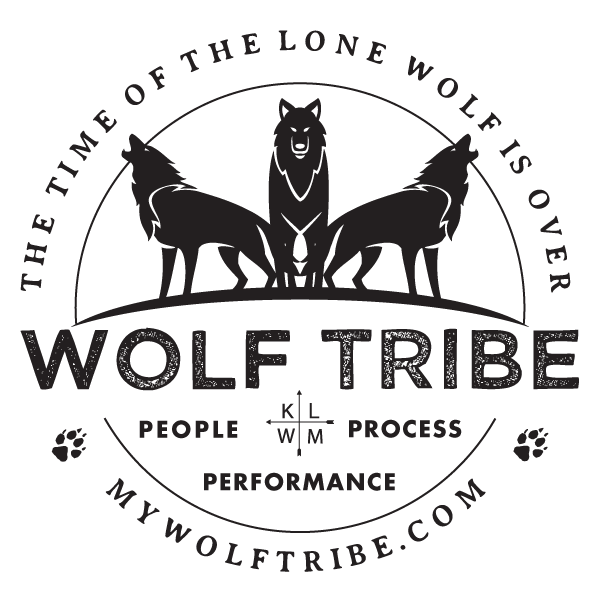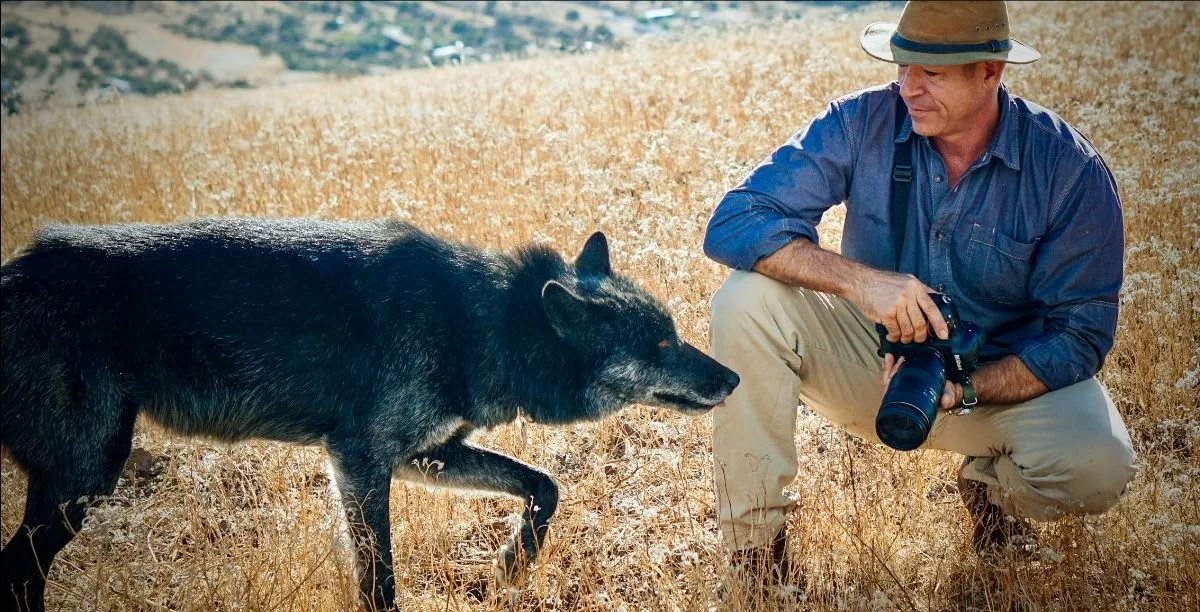Preface for Philip’s new Book, Wolf Wisdom!
A society separated from the wild goes insane
I have always loved wolves. If you are reading this, you probably do too. We love wolves for many reasons; they represent the lost wild in our world and they represent the lost kinship-based culture of tribe. Wildness, kinship and tribe are all things that humanity needs to thrive and are also things that have become seemingly optional today. Society has a wild, kinship-shaped hole in its heart.
We also love wolves for their unapologetic fierceness while hunting significant, big game and defending territory. This too, echoes in our human experience as we engage with families, sports, politics and careers. There are deep lessons and warnings here that we will explore and discover in this book.
Like many other young men, I got my first tattoo at 18 while in the army. Of all the tattoo choices in that shabby shop outside Fort Sill Oklahoma, I chose a wolf. At that time I had never seen a wolf and knew nothing about them. Little did I know that I would be working closely with wolves as a vehicle for developing leaders and teams or that I would have as many wolf tattoos as I do now. Life is funny like that.
When I got that first wolf tattoo the only thing I knew about wolves was the common mythology of them being big, bad, grandma-eating villains in fairytales. Many people hate wolves with as much passion as we love them and for many of the same reasons. For those haters, the wolf represents the dark, fearful and predatory wild that we clawed our way out of. People only truly hate what they fear.
What’s the difference between the fear of the wolf hater and the excitement of the wolf lover? Perspective. Fear and excitement are the same thing but the way we interpret the experience creates a radically different downstream result. Fear triggers the release of cortisol, adrenaline and other fight-flight hormones that create an extremely unpleasant experience and memory of the event. Excitement creates a very different hormone release of dopamine and oxytocin that creates a pleasurable experience and one we strive to repeat. We literally create our life with these perspectives.
My intention with this book is to shift the historical fear of the wolf into the excitement of protecting this vital member of our planet and, more importantly, our human experience on the planet. I hope this journey into the wisdom of the wolves instills an appreciation for the profound partnership that we have with our ancient ally. In the process of saving the wolf we may just be saving ourselves.

